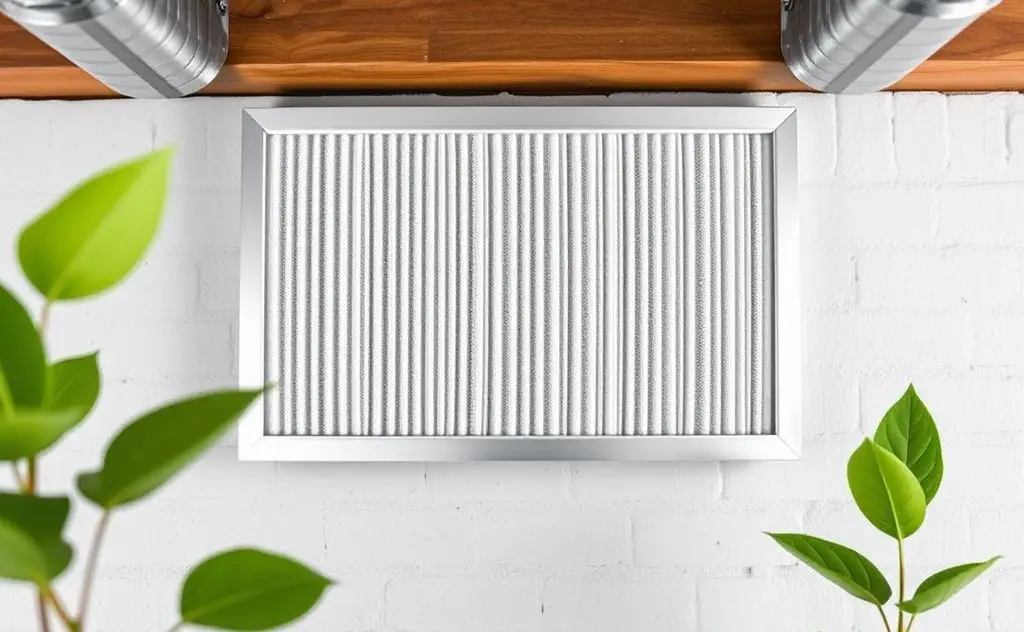Regular HVAC filter inspections enhance system efficiency, improve air quality, extend equipment lifespan, and reduce energy costs by ensuring optimal airflow and performance.
Your HVAC system works hard to keep your home comfortable year-round. While most homeowners focus on major components like compressors and thermostats, the humble air filter plays a crucial role in system performance. Regular HVAC filter inspections provide surprising benefits that extend far beyond cleaner air.

Why HVAC Filter Inspections Matter
HVAC filters trap dust, pollen, and airborne particles before they circulate through your ductwork. The U.S. Department of Energy states that replacing dirty filters can lower energy consumption by 5-15%. But many homeowners wait until problems arise before checking filters.
1. Improved System Efficiency
A clogged filter forces your HVAC system to work harder to push air through the obstruction. This strain:
- Increases energy bills by up to 15%
- Causes premature wear on blower motors
- Reduces overall system capacity
2. Extended Equipment Lifespan
Clean filters prevent dust buildup on critical components like:
| Component | Potential Damage |
|---|---|
| Evaporator coils | Frost buildup from restricted airflow |
| Heat exchangers | Overheating and cracks |

Health Benefits of Clean Filters
3. Better Indoor Air Quality
Modern filters capture:
- 95% of pollen particles
- Pet dander and dust mites
- Bacteria and some viruses
4. Reduced Allergy Symptoms
The American College of Allergy, Asthma & Immunology reports that proper filtration can reduce indoor allergens by up to 50% for sensitive individuals.
Financial Advantages
5. Lower Repair Costs
Regular filter changes prevent:
- Frozen coils ($200-600 repair)
- Blower motor failures ($400-1,200)
- Compressor burnout ($1,500-2,500)
6. Energy Savings
A clean filter maintains proper airflow, allowing your system to operate at peak efficiency. This translates to:
- 5-15% lower cooling costs
- 10-20% lower heating costs
- Faster temperature recovery
How Often Should You Inspect Filters?
Inspection frequency depends on several factors:
- Basic fiberglass filters: Check monthly
- Pleated filters: Inspect every 2-3 months
- High-efficiency filters: Check every 4-6 months
Homes with pets or allergy sufferers may need more frequent inspections. During peak seasons, consider checking filters every 30 days.
Signs Your Filter Needs Attention
Watch for these warning signs between scheduled inspections:
- Visible dust buildup on vents
- Reduced airflow from registers
- Unusual system cycling
- Increased dust accumulation on surfaces
By making filter inspections part of your regular home maintenance routine, you’ll enjoy better comfort, lower bills, and peace of mind knowing your HVAC system is protected.
